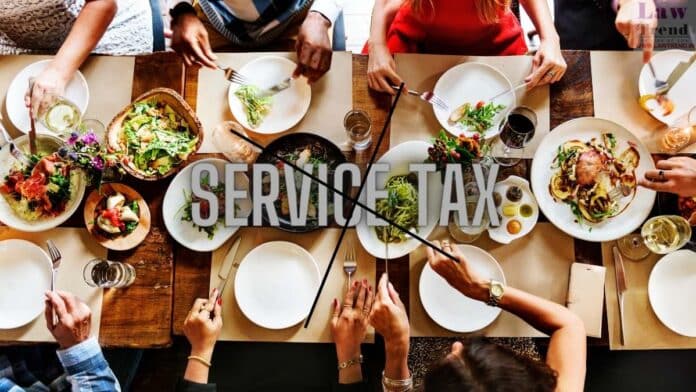The Delhi High Court on Wednesday listed for hearing on April 12 the petitions by restaurant bodies challenging the guidelines prohibiting hotels and restaurants from automatically levying service charge on food bills.
The guidelines, issued by the Central Consumer Protection Authority (CCPA) on July 4 last year, were stayed by the high court later that month.
The Centre urged the court to consider the matter, including its application seeking vacation of the stay order, while claiming the guidelines were issued in the interest of consumers.
It also claimed that certain restaurants were now relying on the interim order to “give an impression” that they are entitled to levy service charge.
Justice Prathiba M Singh Wednesday said the interim order cannot be modified without hearing the parties and added, “if the main matter cannot be heard on the next date, the application for vacation of stay will be considered.”
Counsel appearing for the petitioners said the service charge, which has been in existence for the last several years, is a “traditional charge” and is distributed among those who “are not before the customers”, and restaurants are seeking it after displaying due notice of the same on their menu cards and in their premises.
The petitioners- National Restaurant Association of India (NRAI) and Federation of Hotels and Restaurant Associations- have argued that the CCPA order is “arbitrary, untenable and ought to be quashed”.
Seeking dismissal of the petitions, the CCPA has said in its counter affidavit the petitioners have totally failed to appreciate the rights of the consumers whose hard-earned money is unjustly collected automatically or by default in the name of service charge.
It has added the objective of collecting mandatory
service charge from consumers over and above the price of food items and applicable taxes is “unlawful” as no proportionate service is separately provided to consumers.
The high court had on July 20, 2022 stayed the CCPA guideline and said the stay is subject to the petitioners ensuring that the levy of service charge, in addition to the price and taxes, and the obligation of the customer to pay the same is duly and prominently displayed on the menu or other places on the premises.







